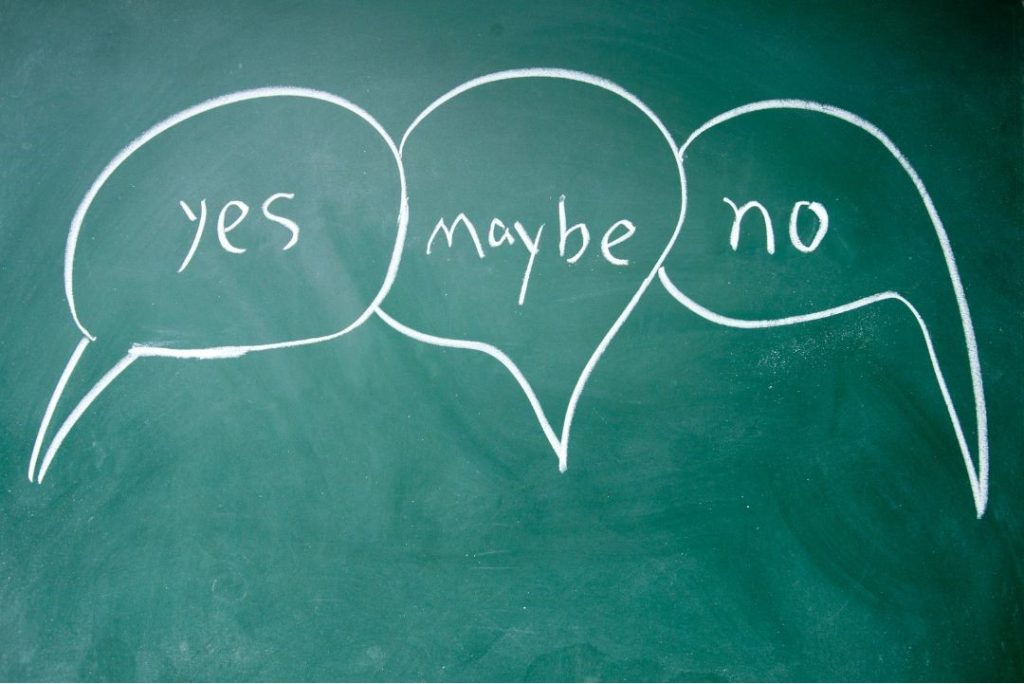LGBTQ stands for lesbian, gay, bisexual, transgender and queer/questioning. Being one of the most financially and socially thriving economies in the Caribbean, T&T is heavily influenced by the evolving social and cultural customs of both North America and Europe.
That being the case, our country is one of the most tolerant countries in the Americas as it pertains to gender identity and the LGBTQ. For the most part, persons who identify as having a sexual preference that does not align with their natural physical biological makeup are allowed to exist peacefully in this country, and are free to openly declare and demonstrate their gender identity.
On the weekend, when one goes to any of the movie entertainment centres in the country that draw hordes of young people, one would witness persons as young as 14 engaging in open displays of ‘same sex’ dating.
The reality is that T&T, like much of North America and Europe, is a society where a young man of 14 years old can openly identify as being gay and identify as having an attraction for persons who are of the same sex/gender.
So, imagine my surprise, when I read the reports this week of Trinity College having disrupted the graduation of several young men not because they identify as gay or another gender, but because they grew their hair and styled them in plaits, which is a common and most natural African cultural hairstyle.
This development has me completely baffled. How is it that we are a society that says a young man who identifies as gay must be accepted and treated with respect and given the same opportunities as his male classmates who are heterosexual, but the male pupil, who for all intents and purposes identifies as a heterosexual male, but simply grows his natural biological hair and plaits it, should be ostracised, denigrated, be made to feel less than, and denied opportunities?
Why is it okay for our young men to identify as a gender that is different from the natural biological physical attributes they were born with, but it is not okay for them to grow and plait their natural biological hair and style it in natural African cultural hairstyles?
Is it that in T&T, similarly to the LGBTQ movement, that we need to establish a Natural Black Hairstyle Movement to protect the rights of young black men to ensure they are free to simply exist in their natural biological forms and not be ostracised, isolated, discriminated against, made to feel less than, and denied opportunities?
Being a group that understands what it is to be discriminated against, I look forward to seeing the LGBTQ body voicing support for these young black men to be able to simply exist in their natural biological form, the same way they seek our support for Pride month and the same way they seek our acceptance and recognition of them as being simply human.
These young black men with their plaited hair are also simply human, who deserve to be respected, accepted and given equal opportunities.
Oke Zachary Valsayn



Responses